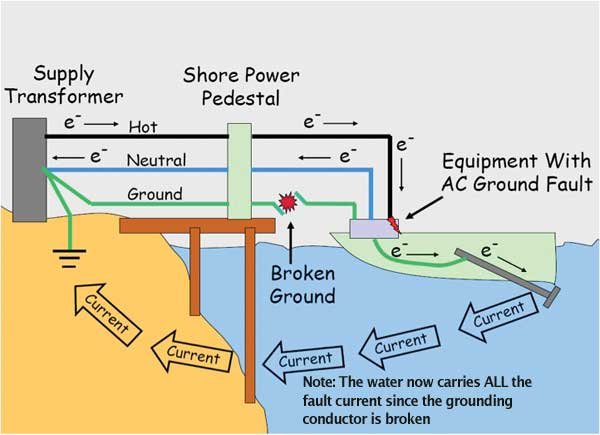So here's a scary scenario:
On your way to an unplanned plop in the ocean, your Tesla's battery pack is ruptured when you go over the guard rail. The rail that's supposed to keep you and your car between the highway and the water...but doesn't.
So now there's like 400 V and 100 KW of energy seeing conductive salt water as an easy path to something potentially very unpleasant for the car and anyone in it.
Are there design safeguards for this situation?
On your way to an unplanned plop in the ocean, your Tesla's battery pack is ruptured when you go over the guard rail. The rail that's supposed to keep you and your car between the highway and the water...but doesn't.
So now there's like 400 V and 100 KW of energy seeing conductive salt water as an easy path to something potentially very unpleasant for the car and anyone in it.
Are there design safeguards for this situation?



